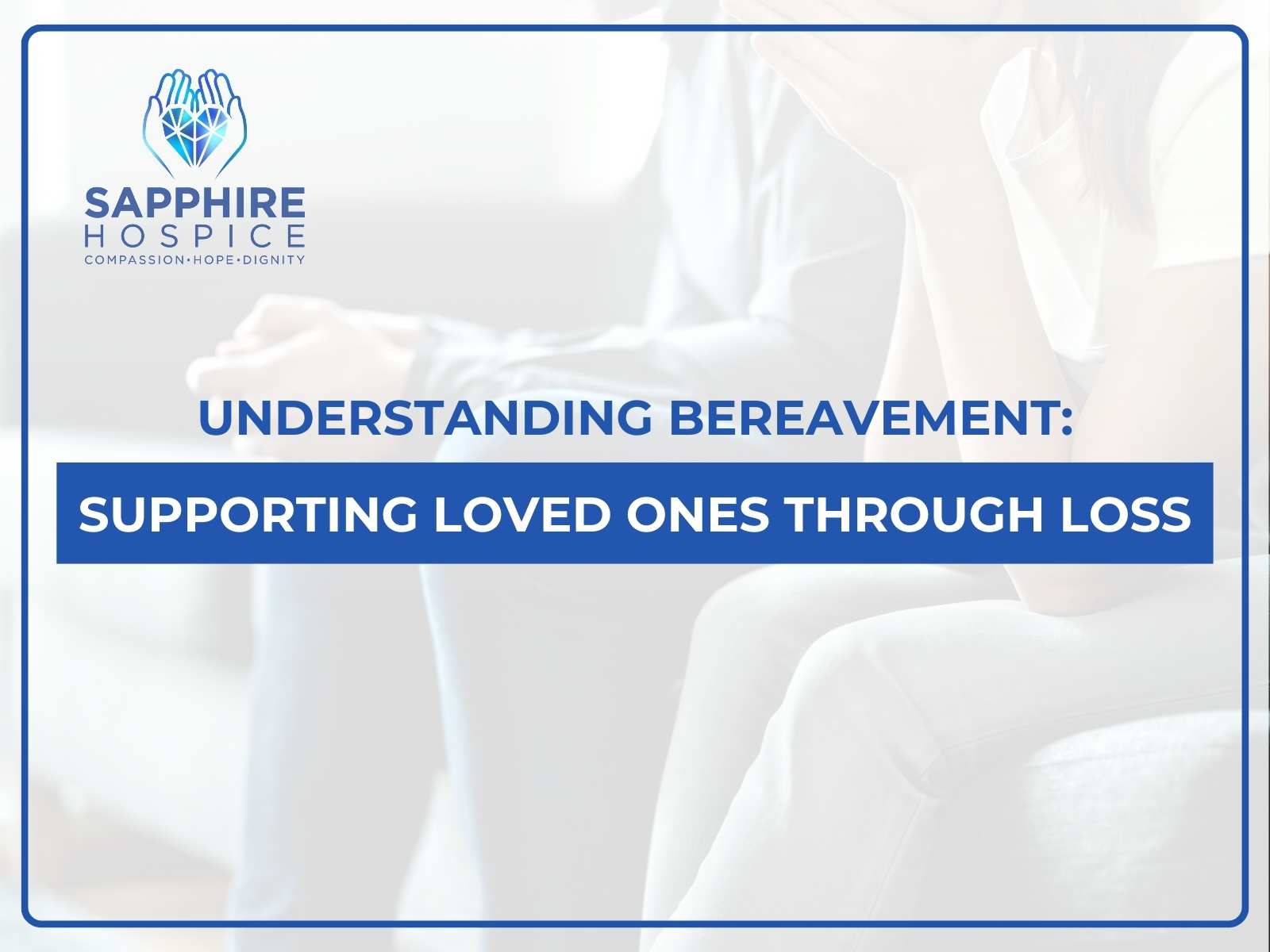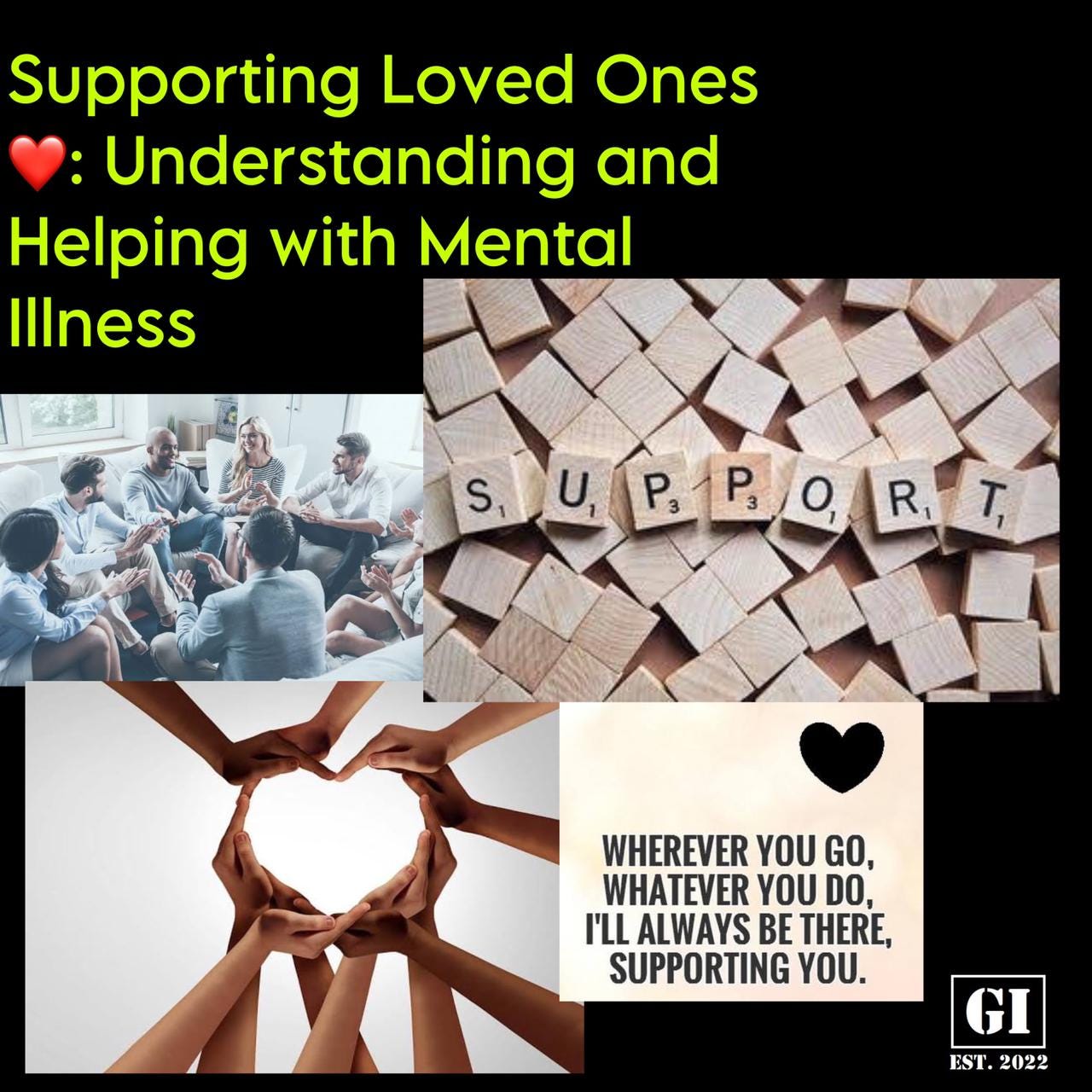Dana Perino's Husband Illness: A Comprehensive Guide To Understanding And Supporting Loved Ones
Imagine being Dana Perino, standing by your husband’s side while he battles a serious illness. It’s not just about the medical challenges—it’s about the emotional rollercoaster, the daily struggles, and the overwhelming sense of responsibility. Dana Perino’s husband, Marc Short, has faced significant health issues, and this journey has opened up conversations about how we can better understand and support loved ones dealing with similar situations. This article dives deep into the story, the illness, and practical ways to help those around you when they need it most.
When you hear about someone like Dana Perino, the former White House Press Secretary, it’s easy to focus on her public life. But behind the scenes, she’s also a caregiver, a partner, and someone who’s had to navigate the complexities of her husband’s health crisis. In this guide, we’ll explore everything from understanding chronic illnesses to offering emotional support for family members going through tough times.
This isn’t just about Dana and Marc’s story; it’s about creating a roadmap for anyone facing similar challenges. Whether you’re a caregiver, a friend, or simply someone who wants to make a difference, this article will provide actionable insights and resources to help you along the way.
- Mar Mar Movie Download In Tamil Moviesda Your Ultimate Guide To Legal And Safe Streaming
- Hd Hub 4 You Movie Your Ultimate Destination For Cinematic Bliss
Table of Contents
- Biography of Dana Perino
- Understanding Marc Short’s Illness
- How to Support Caregivers
- The Emotional Impact on Families
- Practical Tips for Supporting Loved Ones
- Financial Challenges in Caregiving
- Resources for Caregivers and Families
- Long-Term Care Planning
- Mental Health Considerations
- Conclusion: Taking Action
Biography of Dana Perino
Before we dive into the specifics of Marc Short’s illness, let’s take a moment to understand who Dana Perino is. As the former Deputy White House Press Secretary during George W. Bush’s administration, Dana has always been in the spotlight. But beyond her professional achievements, she’s also a wife, mother, and caregiver.
Dana Perino was born on November 1, 1972, in Arizona. She earned her bachelor’s degree in political science from the University of Arizona and later attended the Sandra Day O’Connor College of Law at Arizona State University. Her career in politics began as a staff member for Senator John McCain, and she quickly rose through the ranks to become one of the most visible figures in the White House press corps.
Here’s a quick overview of her personal life:
- Why Filmyzilla4k Is Your Ultimate Movie Streaming Destination
- 5movierulz 5 Your Ultimate Guide To Streaming And Downloads
| Full Name | Dana Marie Perino |
|---|---|
| Date of Birth | November 1, 1972 |
| Spouse | Marc Short |
| Children | Two children |
| Profession | Former Deputy White House Press Secretary, Author, TV Commentator |
Her Journey as a Caregiver
Becoming a caregiver wasn’t part of Dana’s original plan, but life has a way of throwing curveballs. Her husband, Marc Short, has battled multiple sclerosis (MS), a chronic autoimmune disease that affects the central nervous system. This diagnosis changed their lives forever, and Dana has become an advocate for raising awareness about MS and supporting caregivers.
Understanding Marc Short’s Illness
Marc Short, Dana’s husband, was diagnosed with multiple sclerosis in 2008. MS is a progressive neurological condition that affects the brain and spinal cord. While there’s no cure for MS, early intervention and treatment can significantly improve quality of life.
Here are some key facts about MS:
- MS affects approximately 2.8 million people worldwide.
- Women are more likely to develop MS than men, but men tend to experience more severe symptoms.
- Symptoms can vary widely, including fatigue, vision problems, muscle weakness, and cognitive difficulties.
Marc’s diagnosis was a turning point for both him and Dana. It forced them to reevaluate priorities and focus on what truly matters—family, health, and relationships.
Living with MS: Daily Challenges
Living with a chronic illness like MS isn’t easy. It’s not just about managing symptoms; it’s about adapting to a new normal. For Marc, this meant making lifestyle changes, such as exercising regularly, eating a balanced diet, and staying connected with a strong support network.
How to Support Caregivers
Caregivers often put their own needs last, focusing all their energy on helping others. But burnout is real, and it’s crucial to offer support when someone is caring for a loved one with a chronic illness.
Here are some ways you can help:
- Offer to run errands or cook meals.
- Provide emotional support by simply listening.
- Encourage breaks and self-care activities.
- Assist with transportation to medical appointments.
Dana herself has spoken about the importance of having a support system. She credits friends and family with helping her through the toughest days.
The Emotional Impact on Families
Chronic illnesses don’t just affect the person diagnosed—they ripple through the entire family. Emotional stress, anxiety, and even depression can become common companions for caregivers and family members alike.
For Dana and Marc, maintaining open communication has been key. They’ve learned to lean on each other during difficult times and celebrate small victories along the way.
Building Resilience
Resilience is the ability to bounce back from adversity, and it’s something Dana and Marc have cultivated over the years. By focusing on gratitude, practicing mindfulness, and seeking professional help when needed, they’ve managed to maintain a positive outlook despite the challenges.
Practical Tips for Supporting Loved Ones
Supporting someone with a chronic illness requires more than just good intentions—it demands action. Here are some practical tips:
- Learn about the specific condition so you can offer informed support.
- Respect boundaries and listen without judgment.
- Offer specific help rather than vague promises.
- Encourage participation in support groups or therapy sessions.
Remember, every family’s journey is unique. What works for one person might not work for another, so flexibility and empathy are essential.
Financial Challenges in Caregiving
Caregiving can be expensive, especially when dealing with chronic illnesses like MS. Medical bills, medications, and adaptive equipment can quickly add up, creating financial strain for families.
To address these challenges, consider exploring:
- Government programs like Medicare and Medicaid.
- Non-profit organizations that offer financial assistance.
- Employer-sponsored benefits or flexible spending accounts.
Dana has been vocal about the financial burden of caregiving and advocates for policies that ease this burden for families.
Resources for Caregivers and Families
Thankfully, there are numerous resources available to help caregivers and families navigate the complexities of chronic illnesses. Here are a few worth checking out:
- National Multiple Sclerosis Society
- Caregiver Action Network
- Family Caregiver Alliance
These organizations provide valuable information, support, and advocacy for those affected by MS and other chronic conditions.
Long-Term Care Planning
Planning for the future is crucial when dealing with chronic illnesses. Long-term care planning involves making decisions about housing, healthcare, and financial arrangements to ensure stability and peace of mind.
Key steps include:
- Creating a power of attorney document.
- Developing a comprehensive care plan.
- Researching long-term care insurance options.
Dana and Marc have emphasized the importance of preparing for the unexpected, ensuring that their family is protected no matter what happens.
Mental Health Considerations
Mental health should never be overlooked when discussing chronic illnesses. Caregivers and patients alike may experience anxiety, depression, or PTSD as a result of their experiences.
Seeking professional help is a sign of strength, not weakness. Therapy, counseling, and support groups can make a world of difference for those struggling with the emotional toll of caregiving.
Conclusion: Taking Action
Dana Perino’s husband’s illness has brought to light the importance of understanding and supporting loved ones dealing with chronic conditions. By educating ourselves, offering practical help, and advocating for better resources, we can make a meaningful difference in the lives of those around us.
So, what can you do today? Start by reaching out to someone you know who’s facing a similar challenge. Offer your support, listen without judgment, and let them know they’re not alone. Together, we can build a community that uplifts and empowers everyone involved.
And hey, don’t forget to share this article with friends or family who could benefit from it. The more we talk about these issues, the more we can create positive change.
- 7starhd Your Ultimate Destination For Movie Bliss
- Movie Rolez The Ultimate Guide To Understanding Film Characters

Understanding Bereavement Supporting Loved Ones Through Loss

Supporting Loved Ones by Nhlosenhle Zuma

Fox Nation